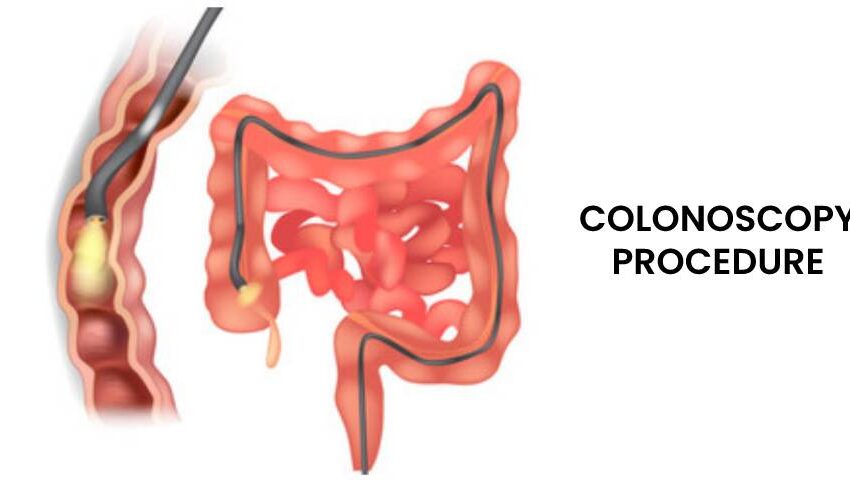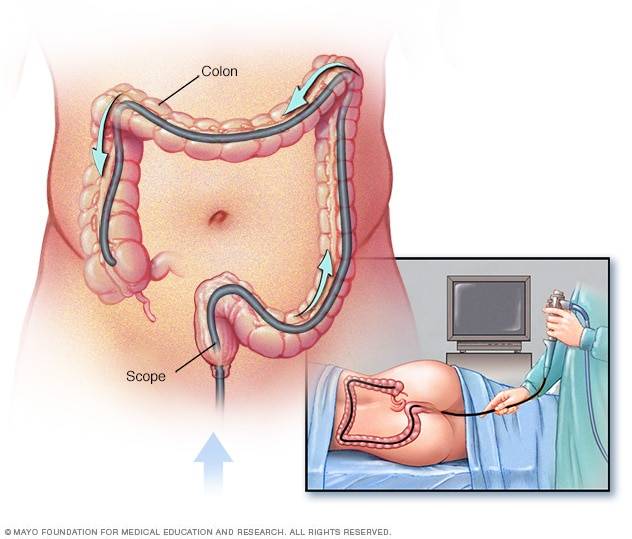
Dr. Samrat Jankar explains why and how colonoscopy is necessary?
Dr. Samrat Jankar, one of the best gastroenterologists in Pune throws light on colonoscopy procedures. Colonoscopy is done to inspect the rectum and the colon for ulcers, polyps, cancer and also irritated and swollen tissues.
Dr. Jankar, gastrointestinal surgeon in Pune states colonoscopy is recommended if the patient complains of abdominal pain, diarrhea or other changes in the bowel activity, and unexplained weight loss. In addition, colonoscopy is a screening test for colon cancer and polyps, which, if detected at an early stage, mean better chances of recovery.
Colonoscopy is suggested for patients 50 years old and more as there is always a risk of developing colon cancer. The factors that increase the risk of colon cancer are family history of cancer or colorectal polyps, male gender, suffering from ulcerative colitis and Crohn’s disease or any other inflammatory bowel disease, overweight, cigarette smoking, or Lynch syndrome NIH external link or any other genetic disorder.
Patients below the age of 50 but with these symptoms need to undergo a colonoscopy, while those above 75 should seek a doctor’s opinion before going ahead.
Preparation for a Colonoscopy

If necessary, the doctor will recommend a colonoscopy and guide you on how to prepare for it.
The doctor will suggest changes in the diet and suggest cleaning of bowels before the test, while it is essential to have a companion to drive you home.
Brief the doctor about persistent health issues and the medicines consumed, including vitamins, supplements, over-the-counter medicines, and other condition-related medicines.
The laparoscopic surgeon in Pune will offer instructions to clean and prepare your bowel for colonoscopy. There must be very little stool or no stool in the intestine. You should be able to pass clear and liquid stool before the test. Any stool remaining in your intestine will hamper in the procedure, and the doctor will be unable to clearly see the lining of the intestine.
Doctors advise patients to follow a clear liquid diet for 1 to 3 days before the scheduled procedure—no consumption of red or purple coloured drinks or gelatin. Also, instructions are provided with regards to beginning and stopping the clear liquid diet.
Drinks permitted include
- Fat-free soup
- Coffee or tea without milk or cream
- Strained juices of Lemon, lime, or apple
- Sports drinks
- Plain coffee or tea, without cream or milk
- Water
Cleaning of bowels is suggested as follows -
The patient is supposed to take laxatives either in the form of pills or powders is prescribed that have to be swallowed or dissolved in plenty of water This water is consumed in large quantities in a specific period which is usually night time i.e., before the morning of the scheduled procedure. If necessary, enema is also prescribed.
The patient will have to visit the washroom frequently, which could be tiring. But it is essential to complete the bowel cleaning process. Also, the doctor needs to be informed about the time since that patient consumed food substances orally.
The patient will be unable to drive a vehicle 24 hours after the colonoscopy procedure, so arrangements will have to be made accordingly.
The colonoscopy procedure
Colonoscopy is a short-term procedure that lasts up to 20 minutes maximum. It is performed in a hospital or as an outpatient department. The patient will receive sedatives, anaesthesia, or pain medication through an IV for a pain-free experience. The nursing staff will monitor the vital signs of the patient.
The procedure begins with the doctor inserting the colonoscopy through the anus, rectum, and colon. The scope will then inflate the large intestine with air enabling the doctor to get a good view.
Also, the doctor will be able to view for better examination of the intestine. As required, the doctor will request the patient to move for better viewing. Through this procedure, the doctor can view the small intestine too.
Polyps are removed if present for further testing. Most colon polyps are harmless, but it is essential to check them since they indicate colon cancer. Abnormal tissue is located, is also removed for biopsy purposes.
Dr. Samrat Jankar, a gastroenterologist in Pune is an expert in performing colonoscopy.
After Colonoscopy
- It takes almost an hour for the anaesthesia to wear off. Therefore, the patient will stay at the hospital for an hour or so after the procedure.
- The patient may feel cramps, abdominal bloating too.
- The patient can leave the hospital with an attendant.
- The patient will feel regular 24 hours after the procedure.
- The patient can resume a normal diet a day after the procedure.
- There may be bleeding in case the polyps are removed, or a biopsy is performed. The biopsy test results will take some days.
Risks associated with colonoscopy include
- Bleeding
- Perforation in the colon
- Breathing or heart problems due to the use of anaesthesia
- Abdominal pain
- The bleeding of the colon may last for a couple of weeks while the tear is treated through surgery.
